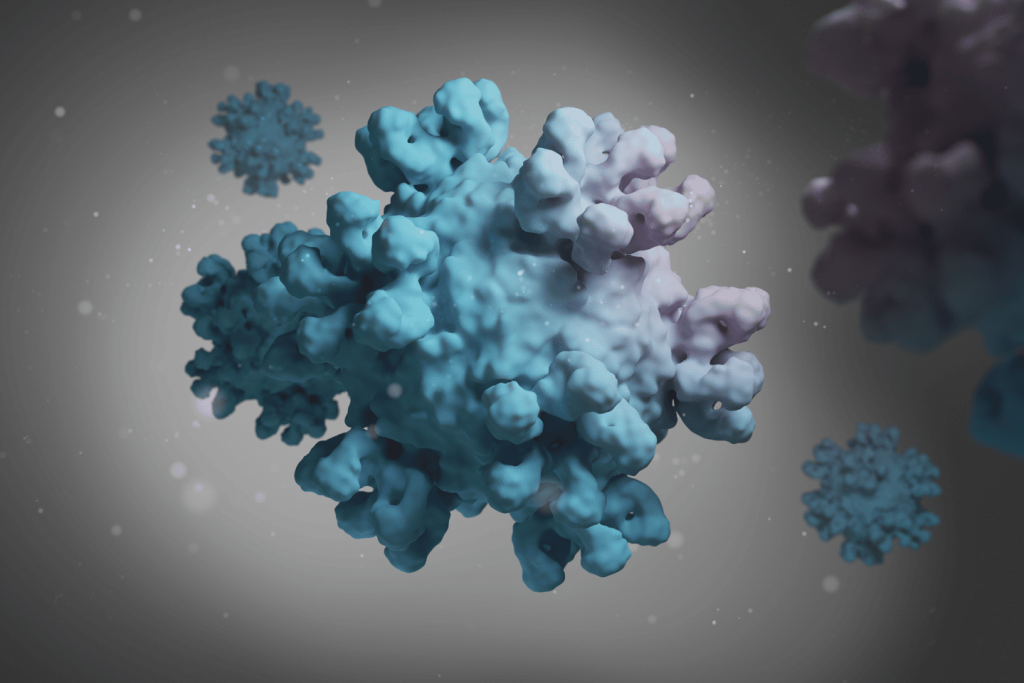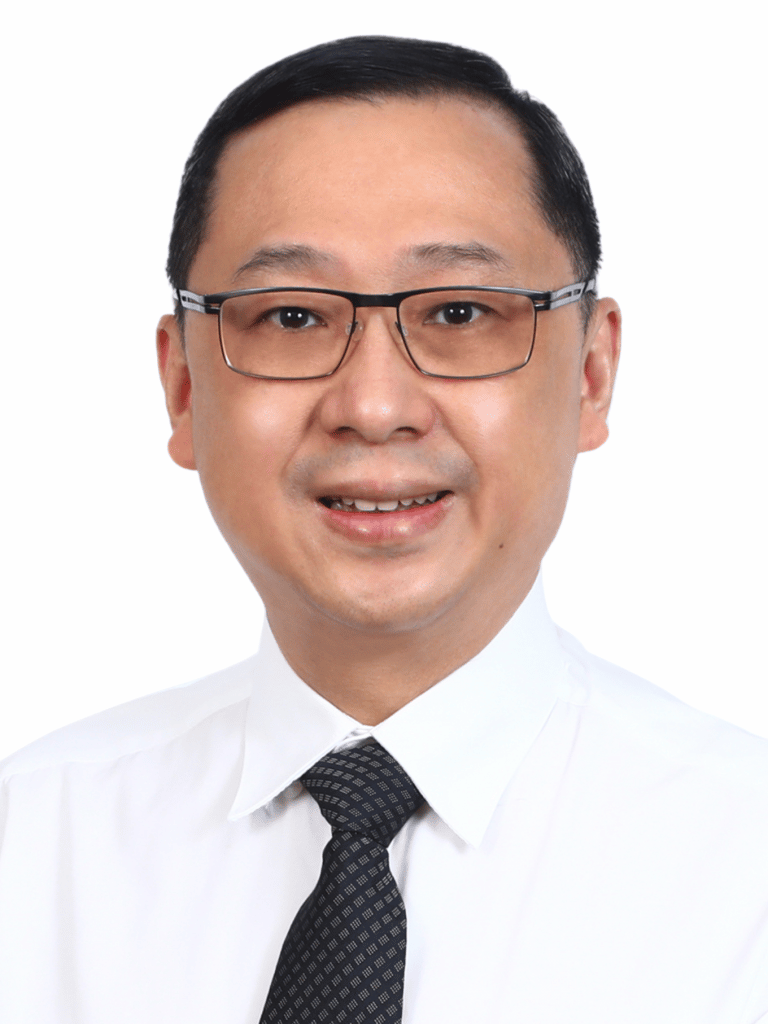
A spate of Polio outbreaks worldwide sparks debate. The discovery of the poliovirus in London and New York warrants a closer look. Dr Ho Tzin Yih delves into the recent outbreaks and outlines the Polio vaccine schedules.
What is Polio?
Polio is a highly infectious viral disease that predominantly affects children under 5. It spreads via person-to-person contact and through the faecal-oral route (such as through contaminated water or food).
It invades the nervous system and can cause paralysis. Most cases are mild and may even be asymptomatic, but up to 10% of patients may suffer paralysis (usually of the legs), which is permanent. Of these paralysis cases, 5-10% will suffer from paralysis of the breathing muscles, causing death.
There are only two countries with endemic wild-type polio: Pakistan and Afghanistan. Africa was declared free of indigenous wild polio in August 2020.
Polio cases of interest
The cases of interest right now are related to infections derived from persons who received the oral polio vaccine. There is no cure for polio; it can only be prevented by immunization.
In the past few months, there have been reports from New York, London and Israel that have highlighted new Polio cases or virus detection within the community.
Israel reported seven children with vaccine-derived poliovirus type 3. New York reported the USA’s first polio case in nearly a decade. A man in his twenties was found to have a type 2 vaccine-derived infection. In London, sewerage sampling has detected the type 2 polio virus. Indicating that persons with vaccine-derived polio have travelled to these places, potentially infecting others.
Polio vaccines available
- There are two types of polio vaccines. Oral polio vaccine OPV (the Sabin vaccine) contains a weakened live poliovirus. When a child is vaccinated with OPV, the virus is excreted in the stools for up to six weeks. In rare cases, the virus can change genetically to become disease-causing again. Until May 2016, OPV was trivalent (covering all three types of polio) but was then changed to bivalent (covering only types 1 and 3). Removing the type 2 virus was an attempt to reduce the risk of causing vaccine-derived infections.
- The injection polio vaccine IPV (the Salk vaccine): This is an inactivated vaccine covering all three polio types. It cannot cause vaccine-derived illness. However, it does cost more than OPV; hence some countries are still using OPV.
Immunity from OPV is lifelong as it is with recovery from an actual polio infection. For IPV, it is thought that immunity will last for many years. However, the USA CDC recommends that adults who completed their polio vaccination series as children and are at higher risk for polio exposure can receive one lifetime IPV booster.
Who should get vaccinated for polio?
All unvaccinated persons, incompletely vaccinated, or those at higher risk for exposure should get vaccinated.
High-risk persons include:
- Travellers going to endemic regions (Pakistan and Afghanistan).
- Laboratory and healthcare workers who are handling poliovirus.
- Healthcare workers who are treating polio cases.
- People who are in contact with or caring for someone who could be infected with polio or have been exposed to polio.
- Unvaccinated adults whose children will be receiving oral poliovirus vaccine. Singapore no longer uses OPV.
Most adults who have completed the childhood vaccine regimen are likely to be still immune, especially if they received OPV. However, if you wish to ensure you are still immune, you can get a single booster dose of IPV or the Tdap/IPV (tetanus, diphtheria and pertussis with IPV) vaccine. This would be the final polio dose for a vaccinated adult, as lifelong immunity is expected.
If you have any questions or would like to discuss your vaccine history, schedule an appointment with one of our doctors. You can now book online using our new E-Appointment system.

Dr Ho Tzin Yih is a graduate of the Royal College of Surgeons, Dublin in 1994, he also has a Bachelor of Science degree from Baylor University in Waco, Texas. He is registered with UKOOA and trained in Occupational Medicine and a Designated Workplace Doctor. Dr Ho has been with IMC for over 10 years and is the Deputy Medical Director based in our Camden Clinic.

































